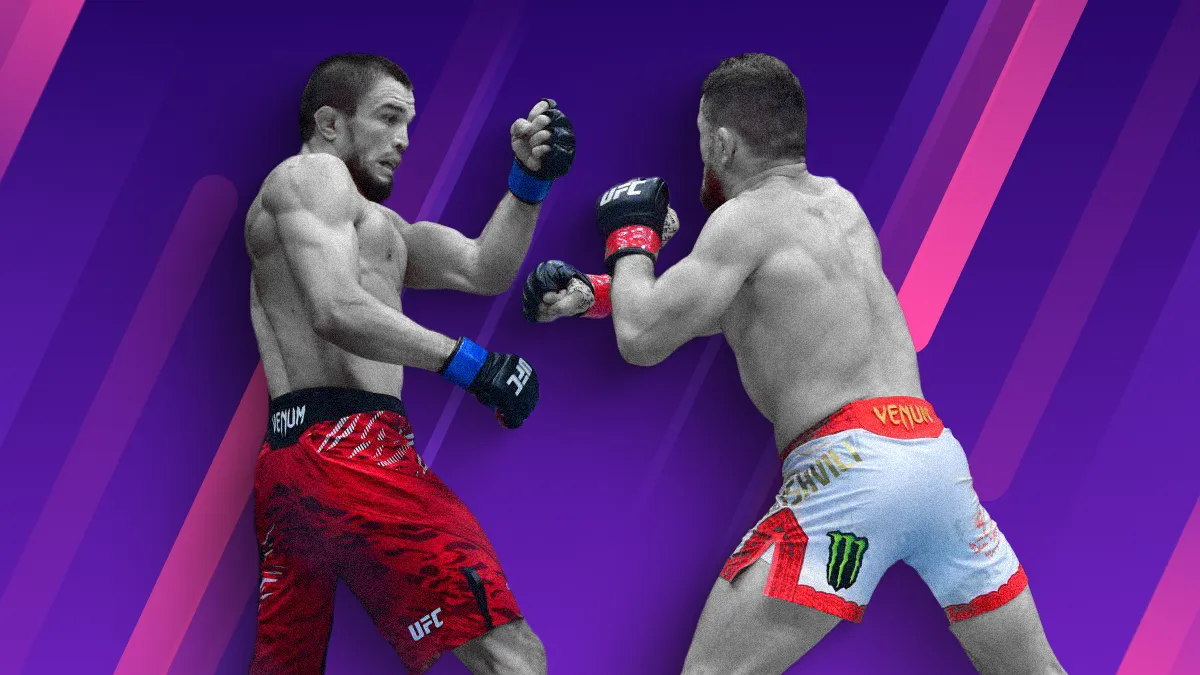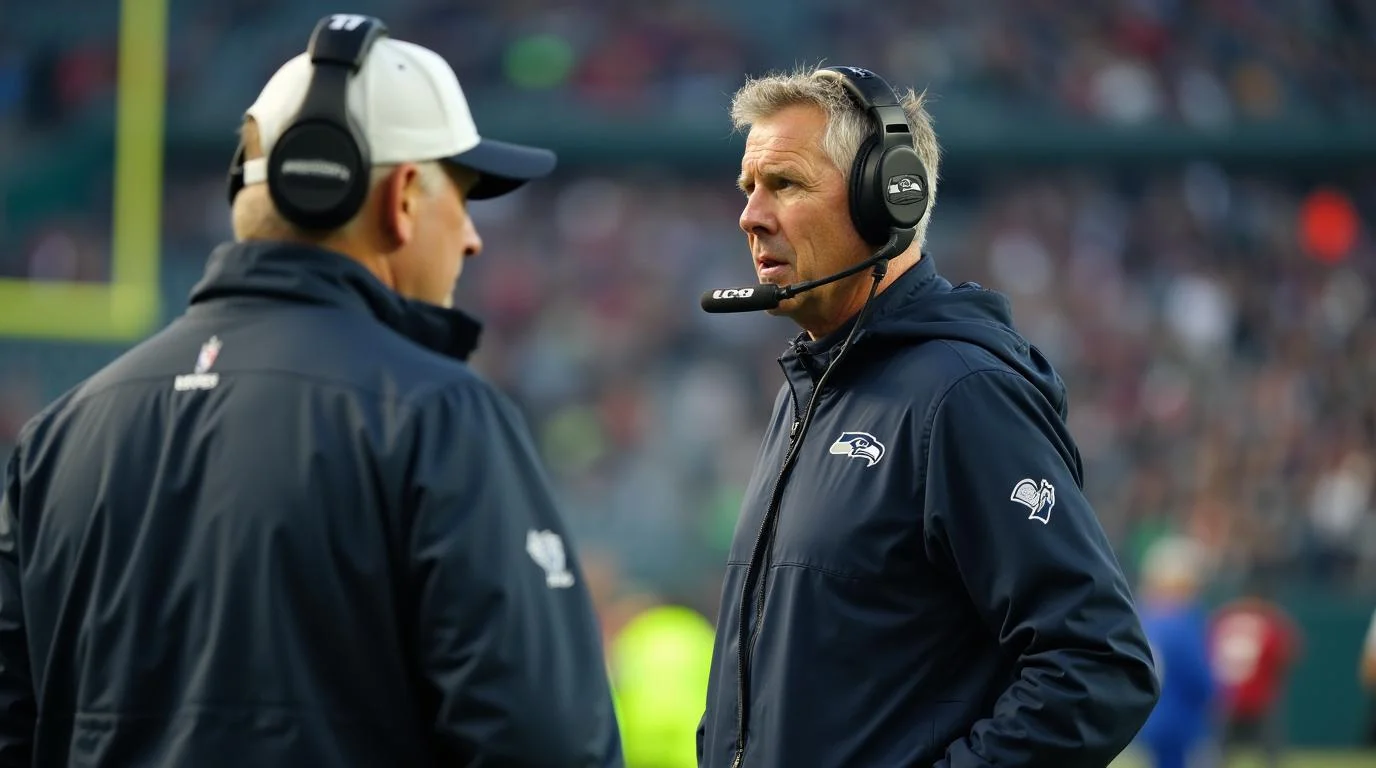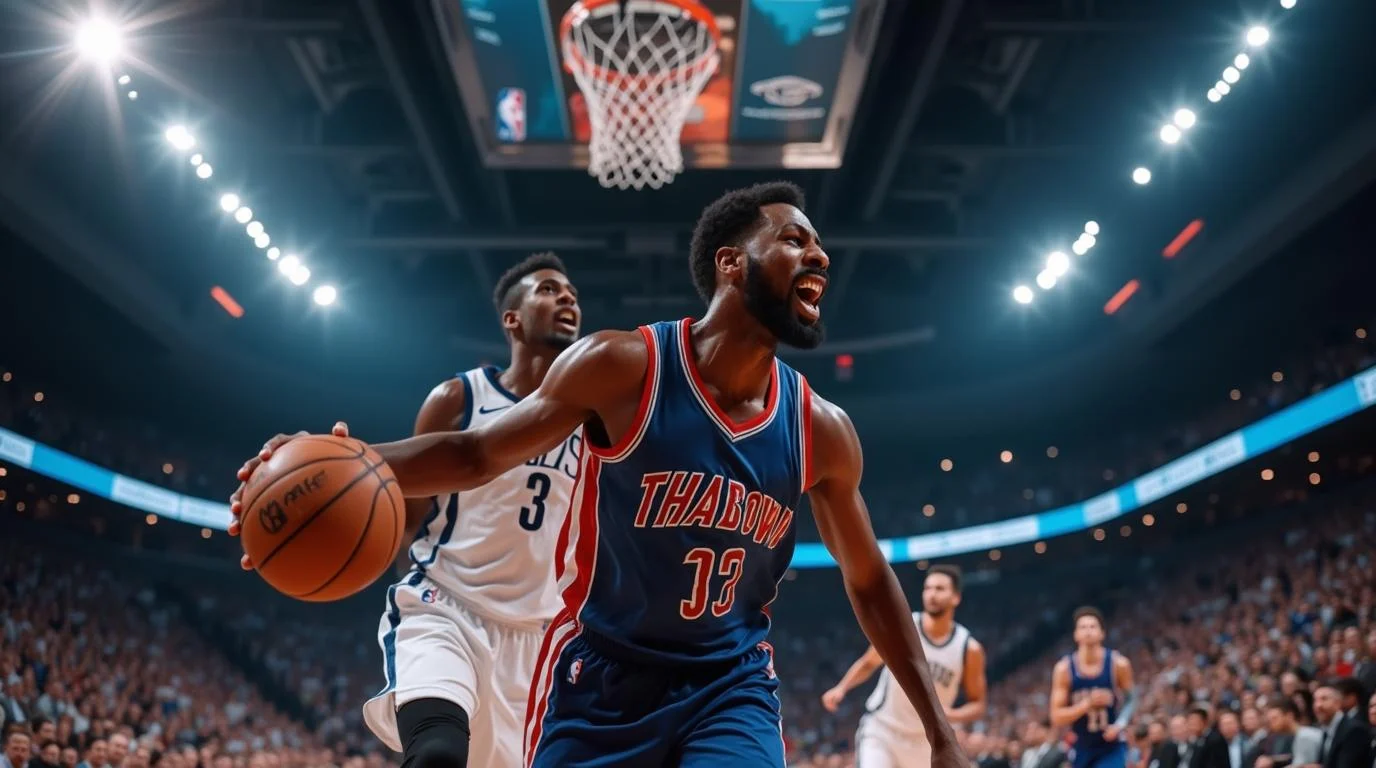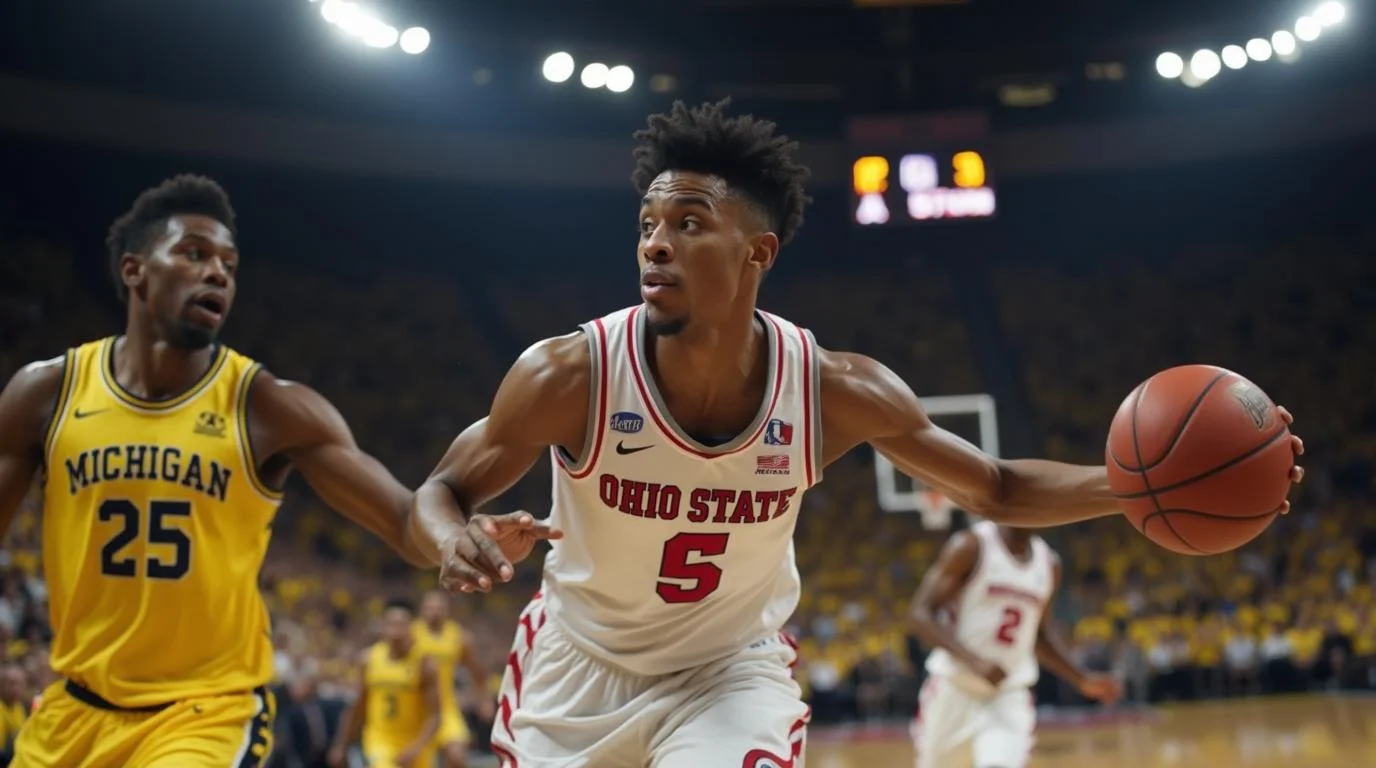UFC Secures Landmark $7.7 Billion Deal with Paramount

1.0
Default
The Ultimate Fighting Championship has signed a deal with Paramount, a partnership amounting to $7.7 billion. This means UFC will be available on Paramount for just $7.95 per month, with commercials, and $12.95 with no commercials, far more different than the ESPN deal with pay-per-view for marquee events and high-end bouts at $12 a month.
The Ultimate Fighting Championship has just inked a massive $7.7 billion deal with Paramount, setting the stage for sweeping changes to how fans watch the sport - and potentially how they bet on it. The seven-year agreement not only represents one of the most significant media partnerships in combat sports history but also spells the end, at least for now, of the long-standing pay-per-view standard.
Goodbye pay-per-view, hello accessibility
Until now, UFC viewing options were fragmented. ESPN held the rights, offering prelim fights for free, mid-tier events through its ESPN+ app for $12 per month, and top-tier cards via pay-per-view for around $80. For many casual fans, the cost and complexity created barriers to following the sport consistently.
Paramount's deal changes everything. Starting next year, all UFC events - 30 fight nights and 13 marquee cards annually - will be available on Paramount+ for $7.95 per month with ads or $12.95 with no ads. Even more enticing, some of the biggest events will be broadcast free on CBS, opening the sport to millions of additional viewers. This increased accessibility could have major ripple effects across the sports betting landscape.
Betting: from niche to mainstream?
Betting on the UFC has long been popular among hardcore fans, offering a wide range of wagering options, from outright winners to round length and other creative prop bets. Still, compared to other sports, UFC betting has been underwhelming in terms of handle.
State-level data highlights the gap. In April 2024, UFC 300 - touted as the card of the year - generated about $5.1 million in bets in Colorado, despite featuring the blockbuster Max Holloway vs. Justin Gaethje fight. By contrast, table tennis betting in the state totaled $13 million that month, while basketball led with $169.6 million. In Maryland, UFC betting isn't even reported separately, lumped into an 'other' category that made up less than 8% of total handle in April. For sportsbooks, this has meant that while UFC events draw strong viewing audiences, the conversion into betting activity has been relatively limited.
The Paramount effect
Industry watchers suggest that this deal could change the equation. The lower subscription cost and free CBS broadcasts will drastically expand the UFC's reach beyond its core fanbase. With fewer barriers to watching live fights, casual viewers are more likely to engage - and potentially place wagers.
From a betting perspective, UFC events are well-suited to keep fans hooked. A typical fight card runs for about six hours and features 10 - 15 bouts, giving bettors multiple opportunities to place and adjust wagers throughout the night. This format could be especially appealing to fantasy sports players and micro-betting enthusiasts, who thrive on constant action.
A win for sportsbooks without the spend
For betting operators, the deal is essentially free marketing. The more people watch UFC fights - whether on a streaming platform or broadcast television - the more likely they are to experiment with betting. As one industry analyst put it, the gap between "enjoying the fight" and "putting $20 on the next bout" is razor thin.
The increased exposure could also draw in viewers who recognize big names like Conor McGregor or Sean O'Malley but have never followed full fight cards. Now, with events accessible on the same platform people use for other shows - and some even airing for free - that crossover becomes far more likely.
While it's possible UFC betting remains a niche market, the Paramount deal positions the sport for unprecedented mainstream attention. Over the next seven years, the question isn't just whether the UFC can grow its audience, but whether it can turn more of that audience into active bettors.








_800x800.webp)











